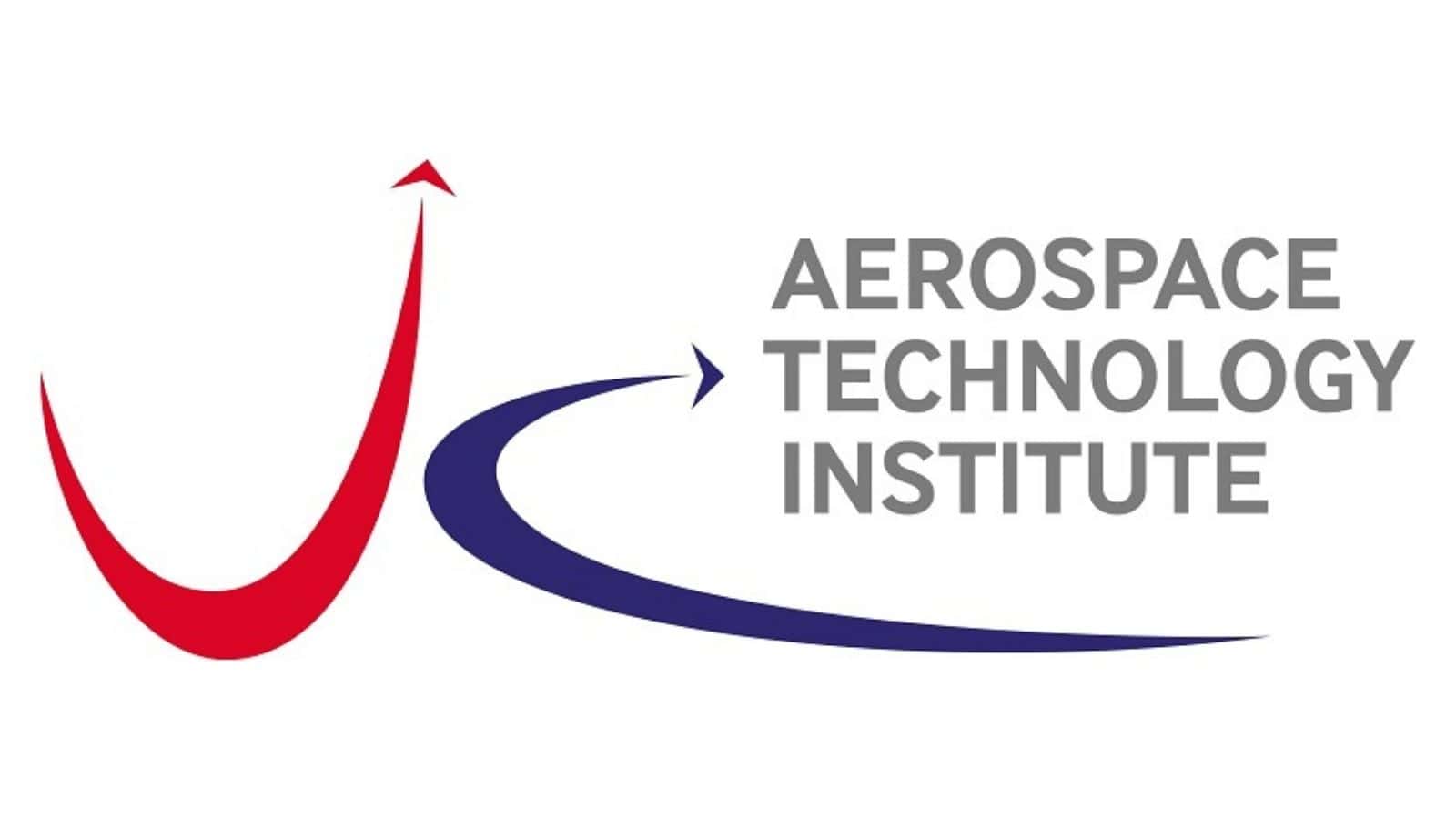The UK is third for business expenditure on aerospace R&D in the OECD, and from 2010-2019 had the second-largest growth in business expenditure on aerospace R&D compared to peers like Japan, the USA, Germany, France, and Italy. Major private investments – such as Boeing’s new COMPASS R&D facility at the Advanced Manufacturing Research Centre in Rotherham – continue to flow from the sector. But what lies behind this success, and what does it mean for policy more broadly?
Ready for take-off: business R&D in aerospace
15 May 2024
When it comes to generating business R&D, aerospace is a great British success story

Will Lord
Head of Government Relations at the Aerospace Technology Institute
Will Lord is Head of Government Relations at the Aerospace Technology Institute (ATI). In this piece, he sets out the strengths and successes of the UK aerospace sector, as well as the advantages of business-government collaboration.

Consistent, long-term support from government
Firstly, aerospace has benefitted from consistent, long-term support from government. Business ministers of different stripes have rightly seen aerospace as a critical source of high-wage jobs, exports and productive investment, backing it with meaningful action. In his recent appearance at the Business and Trade Select Committee, Vince Cable described the sector’s call for government support for aerospace R&D as a “lightbulb moment” on the need for ambitious industrial policy.
It was during Cable’s tenure at the then Department for Business, Innovation & Skills that the Aerospace Growth Partnership (AGP) was established to provide a strong forum for industry-government dialogue. One of the early decisions of the AGP, specifically to provide new support for business R&D, was the creation of the Aerospace Technology Institute (ATI). Since 2014 the ATI has delivered £3.6bn in joint industry-government funding across more than 400 projects to support cutting-edge technology development. This has been critical in “de-risking” investment and giving businesses the confidence to develop new technologies. The ATI estimates that each £1 of government grant funding through the programme leads on average to more than £7 of private investment.
More recently, the Government went even further in its commitment: identifying aerospace as a key sector in its £4.5bn Advanced Manufacturing Plan and allocating £975m to the ATI between 2025 and 2030. At a recent reception in Parliament to mark the 10th anniversary of the ATI, previous business Minister Lord Harrington and new Minister for Industry and Economic Security Alan Mak MP celebrated the sector’s continued growth. Aerospace is an excellent example of how government and industry setting an ambitious plan, and sticking to it, is an essential foundation for business R&D growth.
A strong, diverse ecosystem
Secondly, aerospace benefits from a strong, diverse UK ecosystem. The sector is dominated by two global companies: Airbus and Boeing. Both of which have an enduring presence in the UK. Companies like Rolls-Royce and GKN Aerospace are world-class aircraft engine developers. SMEs like Vertical Aerospace, ZeroAvia and Adaptix are pioneering disruptive, high-potential technologies that will shape the industry’s future. University centres like the National Centre for Combustion and Aerothermal Technology at Loughborough University and translational institutes like the High Value Manufacturing Catapult network provide an essential bridge between fundamental research and commercial application. Together, these institutions provide an excellent environment for businesses to research, develop and deploy technologies. Government backing for each of these parts of the ecosystem ensures the success of the whole.
Regional Strengths
Finally, the UK’s aerospace sector has a rich network of regional strengths. Bristol, Derby, north Wales, Prestwick, Belfast and more are all centres of expertise in different aerospace technologies. These benefit from strong leadership, with Regional Aerospace Associations, Devolved Administrations, and Combined Authority Mayors playing an essential role in coordinating and nurturing their local aerospace clusters. For example, the South Yorkshire Combined Authority played a critical role in securing Boeing’s COMPASS facility through support from its new Investment Zone. If the UK is to continue its aerospace R&D success story, it needs local, regional and devolved actors with the right powers and resources.
This is an exciting time for aerospace R&D. Breakthroughs in hydrogen-powered flight, new materials, ultra-efficient components and more promise to revolutionise the industry and the way we fly. Recent history shows that with the right policy and support, the UK can drive up the amount aerospace businesses invest in R&D.
If this continues, we have a golden opportunity to capture an even greater share of a growing global market. And as a wider sector, we can take the lessons from success stories like aerospace to drive up business R&D across the economy.
About the ATI
The ATI promotes transformative technology in air transport and fund world class research and development through a £3.9bn joint government-industry programme. Over 400 projects are securing jobs, maintaining skills and delivering economic benefits across the UK.

Explore our work looking at the needs of UK business R&D
Read moreRelated articles

Dr Christoph Hartmann is Medical Director, MSD in the UK, a CaSE member. In this piece he sets out he would like to see form the new government to support UK life sciences and innovation.

Joseph Ewing is Head of Policy and Public Affairs at LifeArc, the sponsors of CaSE’s work looking at the needs of business R&D in the UK. In this piece he sets out why the project is needed, and why we should all care about business investment in R&D.

Tamsin Mann, Director of Policy & Communications at PraxisAuril, on the importance of understanding and unlocking the full potential of knowledge exchange.

Sarah Slaven, Interim Managing Director of Business Durham and the North East Technology Park, on what makes a successful science park.